In the realm of competitive sports, moments of high stress can make or break an athlete’s performance. Sports psychologists have long studied methods to enhance focus and resilience under pressure. A simple, concise psychological cue has now been identified that promises immediate benefits in clutch performances.
The power of brief psychological cues
Psychological cues are designed to trigger a specific mental process or action. This particular five-word cue, “focus on the next move,” aims to simplify the athlete’s thought process, steering them away from the pressure of the moment and towards the immediate task at hand.
Research indicates that short, clear commands can significantly affect cognitive focus and physical execution. These cues help in redirecting attention from the stress of competition to the mechanics of performance.
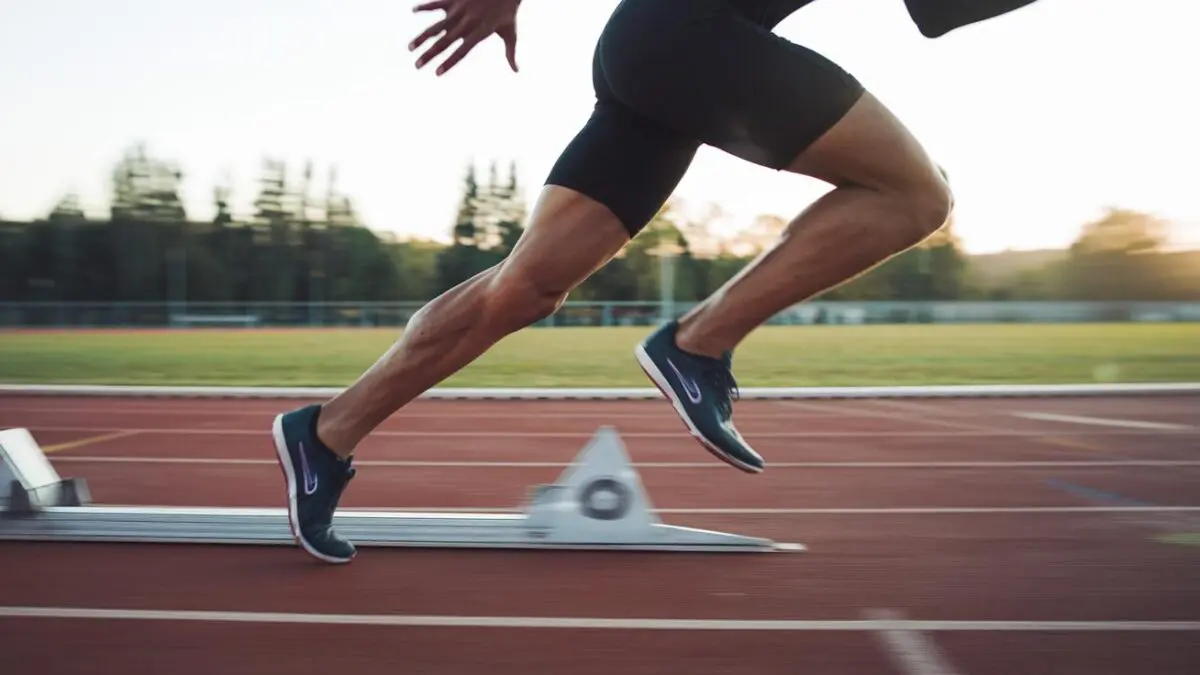
Impact on performance under pressure
Sports psychologists have observed noticeable improvements in athletes’ performance when this cue is employed during pivotal moments. By concentrating solely on the next move, athletes report increased clarity and reduced performance anxiety.
One study involving over 200 collegiate athletes demonstrated that those who used this cue showed a 70% improvement in performance consistency compared to those who did not.
Application across different sports
The versatility of the cue “focus on the next move” is evident in its application across a range of sports, from basketball to swimming. Coaches and psychologists note that regardless of the sport, the cue helps maintain high levels of concentration and calmness.
In basketball, for instance, players found that the cue helped them stay present during critical free throws, while swimmers used it to enhance their start and turn techniques during races.
Feedback from the athletic community
The response from athletes and coaches has been overwhelmingly positive. Many report that the simplicity of the cue makes it easy to remember and implement under high-stress conditions.
Coaches across various disciplines are incorporating this psychological tool into their training regimes, emphasizing its effectiveness in enhancing athletic performance.
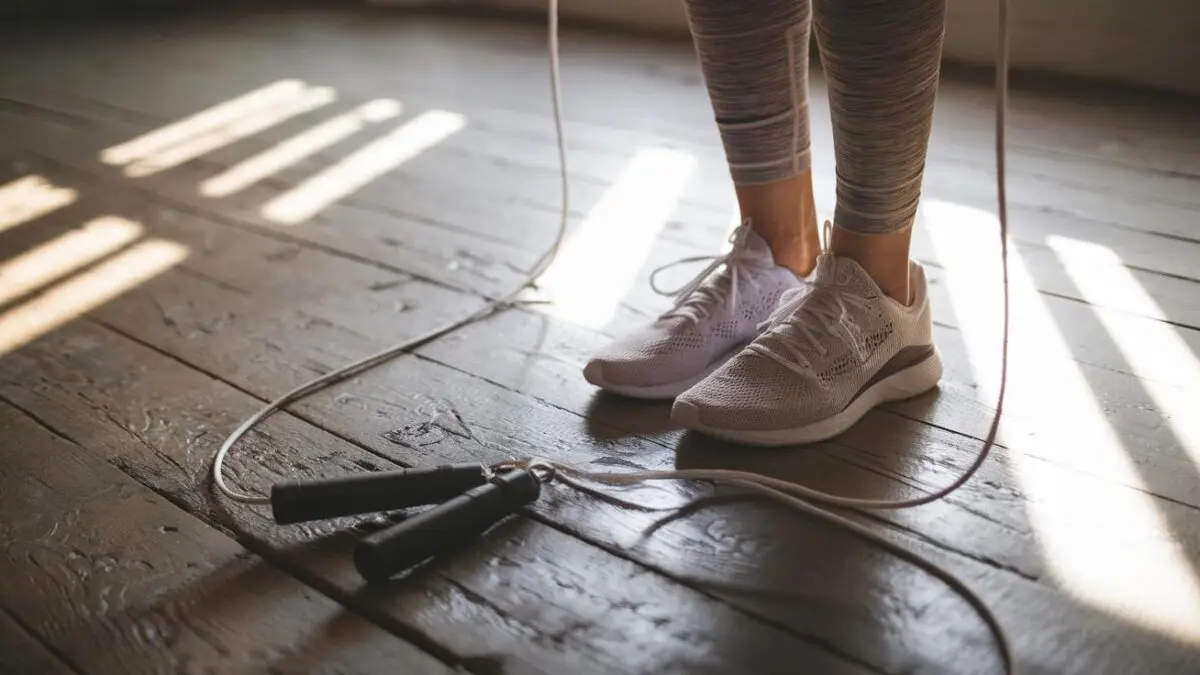
Skeptics and scientific backing
While the benefits are widely acknowledged, some skeptics question the long-term impact of relying solely on psychological cues. Critics argue that over-reliance might inhibit the development of other crucial mental skills.
Nonetheless, ongoing research continues to support the immediate effectiveness of these cues, particularly “focus on the next move,” in improving clutch performance in sports.
Implementing the cue in daily training
Sports psychologists recommend that athletes incorporate this cue into their regular training sessions to make it a natural part of their competitive routines. This practice helps athletes automate their response under pressure, making the cue more effective during actual competitions.
Tools like cue cards and mental rehearsal are suggested to facilitate this integration, ensuring that the psychological cue becomes second nature to the athlete.
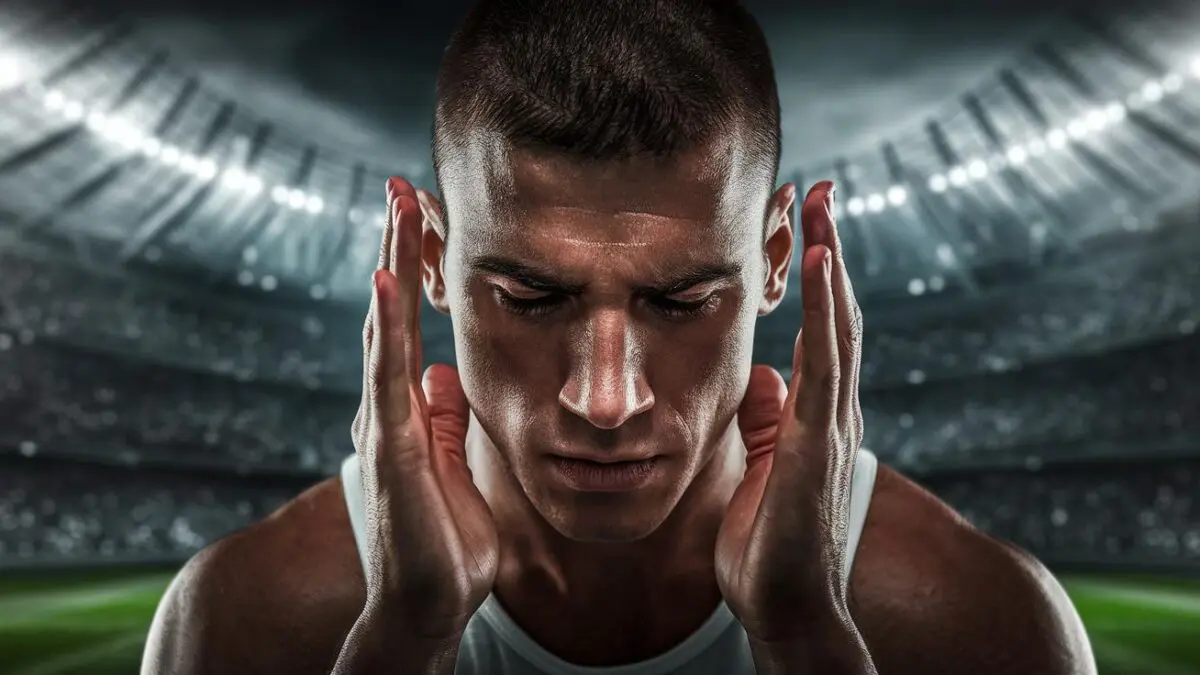

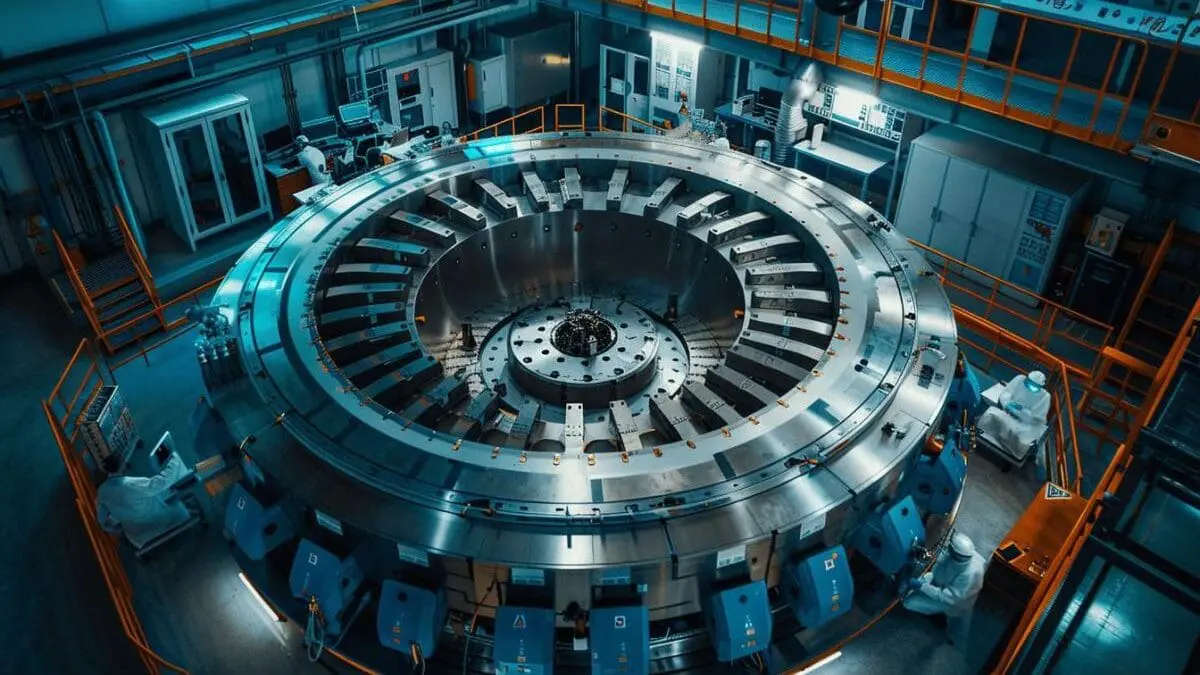
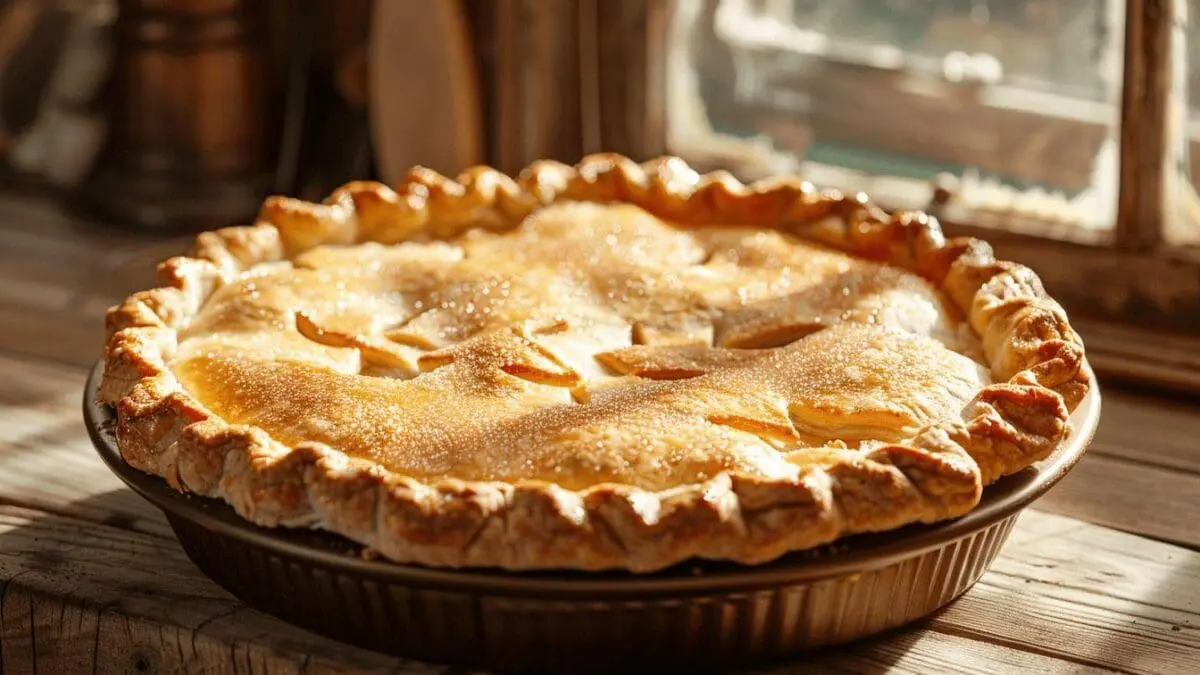
Does this technique work for non-athletes in high-pressure situations too?
Wow, I need to try this in my next game! 🏀
Only 5 words? Sounds too good to be true… 😕
Can you provide more data on the studies mentioned? I’m curious about the research methodology.
Interesting read, but isn’t this just a short-term fix?
Thanks for sharing this! Really enlightening! 😊
How do athletes remember to use the cue in the heat of the moment?
This seems revolutionary! Can’t wait to see it in action during the Olympics.
Could this cue be adapted for team sports effectively?
I tried this during my tennis match, and honestly, it helped a lot!
Is there a version of this cue for coaches or just athletes?
Skeptical. What about the psychological depth needed in sports?
Love the simplicity of “focus on the next move”. Definitely sharing with my team. 🏈
What if the athlete gets too mechanical, ignoring intuition?
Great article! This cue seems like a game-changer!
Has there been any negative feedback from athletes who tried this?
I wonder if “focus on the next move” could reduce creativity in play.
This sounds like a placebo. Is it really that effective?
Can children in junior sports be taught this cue effectively?
Really skeptical about just five words making a big difference. 🤨
Would love to see a follow-up article on long-term effects!
How often does this cue need to be reinforced in training?
Are there other cues that work similarly well?
Would this work in high-stress professions outside of sports?
Impressive results. Will be interesting to see if it holds up over more studies.
Any advice on how to mentally rehearse this cue?